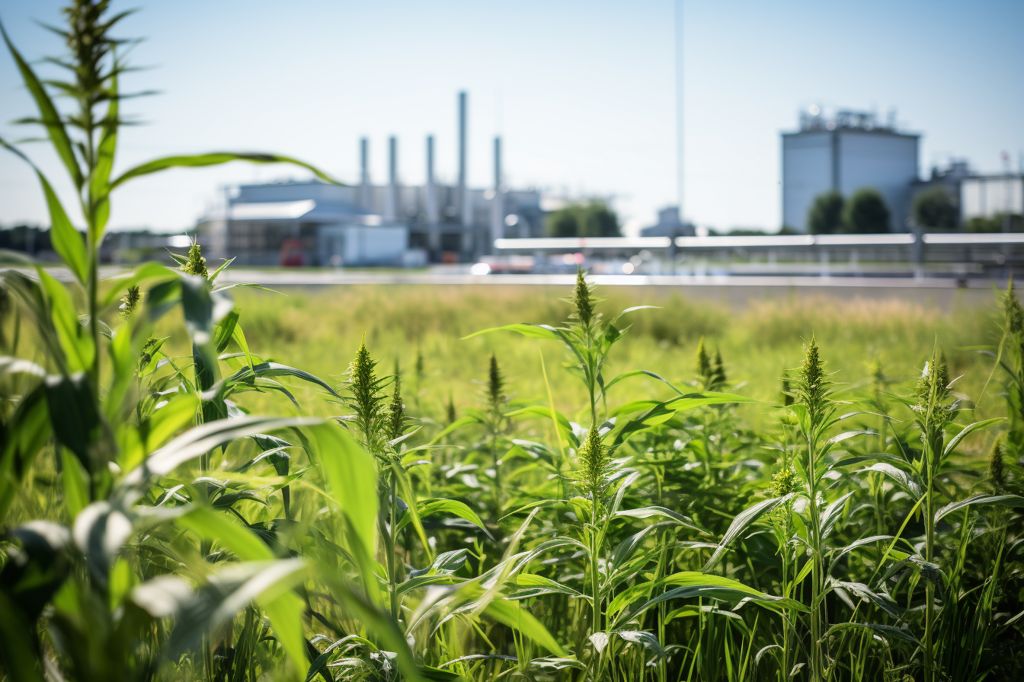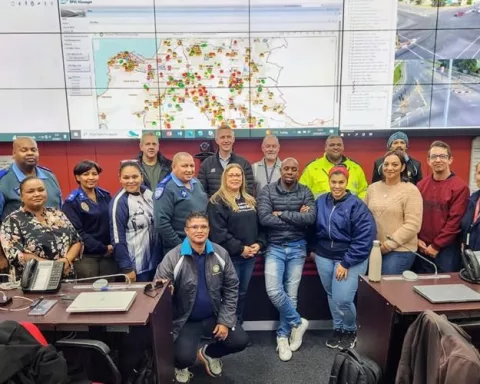The National Planning Commission (NPC) has conducted a ten-year review of South Africa’s National Development Plan (NDP) since its adoption in 2012. The NDP is the country’s only long-term plan for national development, with strategic objectives aimed at reducing poverty, inequality, and unemployment by 2030.
Review of Progress
The review examines key indicators of poverty, inequality, and unemployment from 2012 to 2022. It also assesses planning institutionalization and the reforms made to the planning system since the adoption of the NDP. Unfortunately, the findings indicate that the country has not achieved the desired developmental outcomes envisioned in the NDP over the past decade.
Factors Contributing to Failure
The inability to prioritize the NDP and incorporate it into the national developmental trajectory has resulted in marginalization, incoherent planning, and poor implementation. This failure resulted from multiple interlocking factors such as systemic and contextual challenges, inappropriate policies, weakened governance, corruption, rising crime, and social disintegration.
Urgent Call to Action
The NPC has issued an urgent Call to Action to reaffirm the importance of the NDP’s goals as the guiding star of South Africa’s national vision. The vision is founded on principles of good governance, economic transformation, social cohesion, and a just transition to more sustainable development pathways. A comprehensive, coordinated, partnership-based approach to development involving various sectors of civil society, all levels of government, and the private sector is now necessary.
Collaborative Approach
South Africans need to engage with the Ten-Year Review and contribute to the NDP’s objectives during the second decade of the plan, leading up to 2030. The NPC has scheduled the launch of the ten-year review for September 8, 2023, during which they will discuss this urgent Call to Action and the way forward for South Africa.
South Africa’s National Development Plan aims to eliminate poverty, reduce inequality, and unemployment by 2030. However, the ten-year review highlights the challenges faced and the need for a collaborative approach to achieve these goals. It is essential to embrace this approach, engage with the review, and actively work towards achieving the NDP’s objectives.








